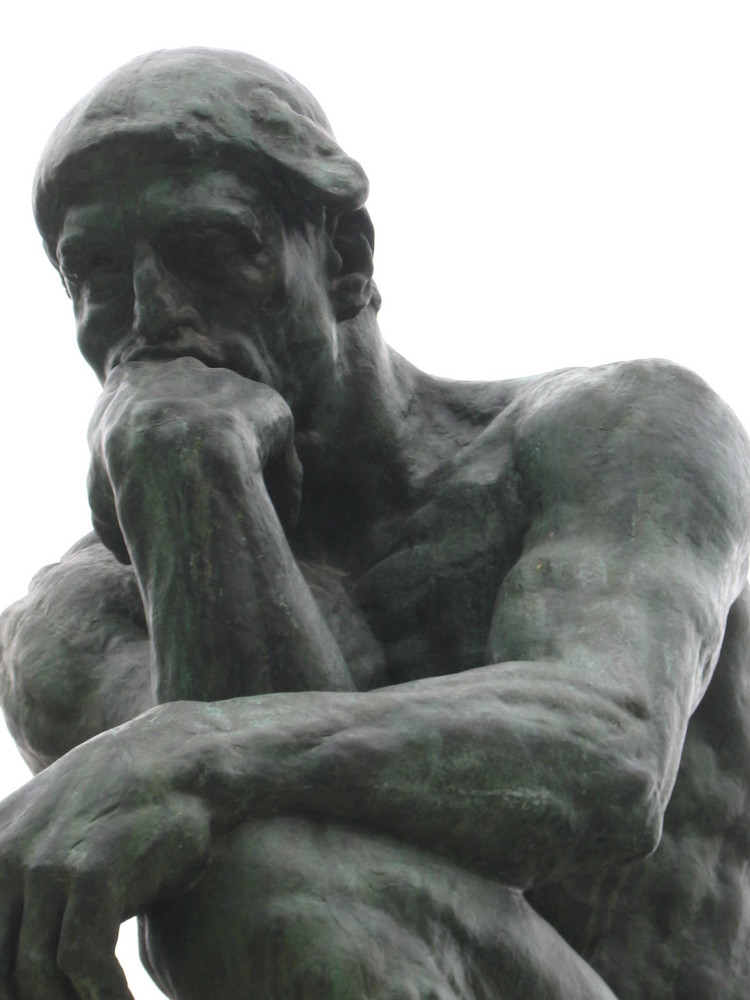Stories and Knowledge
We love stories, we are creatures that continuously produce and consume stories about the world around us and the people who live in it. These stories are effectively models that reflect inside us the world outside us, oftentimes unconsciously. We cannot function in the world without these models, we rely on them to anticipate and to act, to drive our behavior. In fact, our survival requires these models so much that we are ready to make up fancy stories rather than forgo having a story at all: having some sort of model in place feels better than the anxiety that arises when we don’t understand. But among in the ocean of stories we use to reason about the world, one stands out because of the way it tries to justify itself. That is the scientific account of Nature, which underpins vast swaths of modern thinking.
Science aims for an inter-subjective understanding of the world, that is, a story about the world that lives not just in one or a few heads, but is accepted by everybody. Science is interested in stories about Nature that are universal, true everywhere and at all times, but also, agreed upon by all. Any individual can come up with his or her personal story to explain why apples fall from trees, and those stories can be as vivid or sensational as one wants, but may not be accepted by all. They are just opinion. In contrast, the universal law of gravitation is a type of story that all should agree to, because it is verifiable and verified, through predictions and experiments, where we interact with Nature, rather than just talk about it. It is “universal” in that it applies to all objects with mass, but also in that it intends to be accepted by every reasonable person. It is not a personal opinion. That story does not live in one person’s subjectivity, it lives in a space that is inter-subjective - between the subjects. It is instantiated in each subjectivity that learns about it, but it becomes a collective idea, “true” in the sense that it is shared by all. A scientific explanation is not a matter of opinion, cannot be accepted or discarded as one likes or finds convenient, it is not relative or subjective, and that makes scientific models special among our stories to understand the world.
In order for all to accept its claims, science relies on verification. The justifications for the scientific stories lie in constant confrontation with Nature. Scientists make statements about objects that are outside of us, and justify these statements by going back to check against their object of study, which lies outside us. It is not enough to be intimately confident that you have the right idea. After all, if you believe something and justify it only by saying “I know it is true” - what have you accomplished? If you stay within yourself, you might be mistaken when it comes to claims about a world which exists outside of you. If you want to be right, you need to go check with the world. As long as the story is only inside your head, it’s just another story with no other justification than that your mind could imagine it. And we know that imagination is very good at conjuring up things that do not exist. There is a big difference between intimate conviction and actual knowledge.
Of course, there are many reasons you might not be able to, or interested in checking one of the stories in your head against the world outside of it. Checking against reality may be very difficult: how is one supposed to go about verifying that atoms exist on their own? Or the confrontation with a world full of misery and suffering may be more painful than using a story: who wants to hear that death is complete oblivion, unavoidable and definitive? It might be more convenient for your psychological makeup to ignore reality, often unconsciously. Or it might be enough that you can sell your story to others and influence them for your own purposes. But that is not all bad. For example, it is said that many scientists were historically motivated by the story that God had designed Nature according to mathematical laws that just waited to be discovered.
What the scientific story about the world gains in return for its discipline to confront itself against reality is unparalleled predictive power and efficiency. This can be seen all around us today, from the disease we can cure, to the machines we are surrounded by, to our mastery of energy and electricity - the scientific mode of thinking delivered a lot for humanity, only by insisting on verification of the stories in our heads against what lies outside. Scientific knowledge is effective because it relies on verification.
